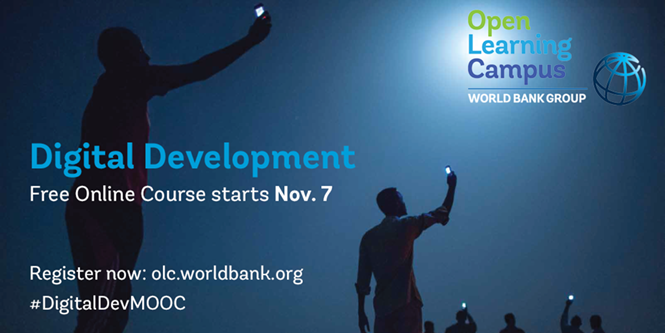
About 17 years ago, I began preparations for applying to colleges in America. One of the prerequisites to qualify for an undergraduate program was the Test of English as a Foreign Language (TOEFL), administered at testing centers around the world. I vividly remember calling the number given to see how I faired in the test, standing at an international call center booth on a sunny afternoon in Islamabad, Pakistan, my heart beating fast with anticipation. The call cost Rs.100/minute at the time ($1.05/min at the current rate). But despite the expensive price tag, the service delivered information I desperately needed.
Fast forward to the age of Google Voice, WhatsApp, Viber… You’ll agree that technology has not only advanced but services have become cheaper as well. Technology is entrenched in our everyday tasks—from communication to financial transactions, from expanding education to building resilience to natural disasters, and from informing transport planning to expanding energy to the unserved.
So, ask yourself: am I—a student, teacher, business owner, or a local government representative—reaping the full benefits of the greatest information and communication revolution in human history? With more than 40% of the world’s population with access to the internet and new users coming online every day, how can I help turn digital technologies into a development game changer? And how can the world close the global digital divide to make sure technology leaves no one behind?
To address these questions and more, the World Bank Group will run a Massive Open Online Course (MOOC) on Digital Dividends from November 7 through December 19, 2017. The six-week course will be taught by prominent experts from international organizations, governments, universities, and the private sector who have profound knowledge and first-hand experience in implementing digital technology programs and projects around the globe. The course is a valuable learning opportunity to understand the digital future, and to help design policies and actions that can harness technology for good.
The faculty will cover:
- What must countries do to deliver universal digital access?
- What prevents the digital revolution from fulfilling its transformative potential of bringing broader development gains of faster economic growth, more jobs, and better services?
- How can people, governments, and countries reap the full benefits of the digital revolution?


Join the Conversation